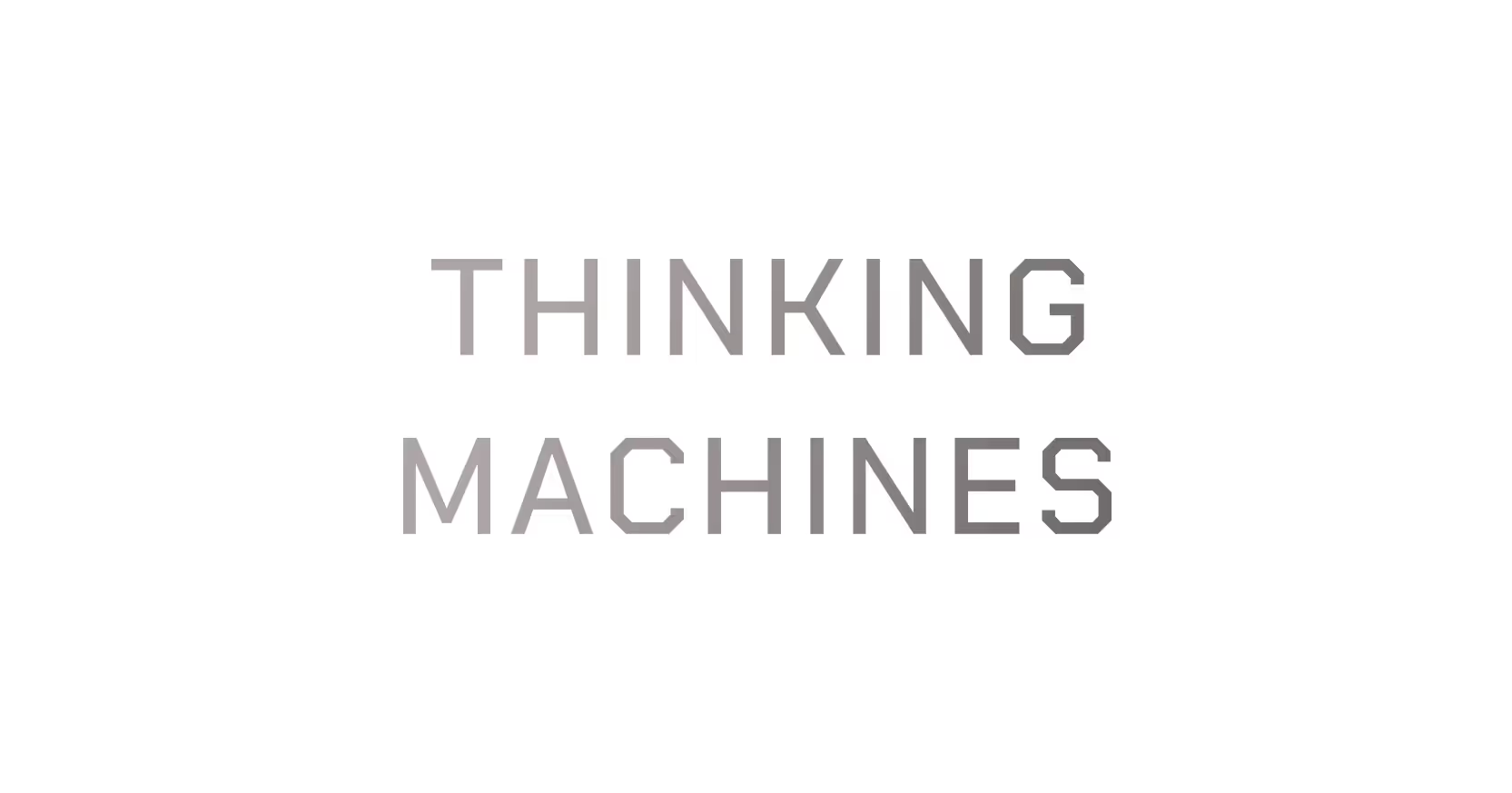
Thinking Machines Lab is dedicated to redefining the future of artificial intelligence by creating AI systems that are more understandable, adaptable, and capable of meeting diverse human needs and values. We envision a world where AI seamlessly collaborates with people across all fields of expertise, going beyond traditional limitations to empower new forms of creativity and problem-solving.
Our mission is to build an ecosystem of advanced, multimodal AI models that prioritize safety, customization, and intelligence, enabling researchers and developers to push the boundaries of scientific and engineering progress. Through transparent sharing of knowledge and innovative infrastructure solutions, we aim to democratize AI customization and accelerate discovery on an unprecedented scale.
By fusing state-of-the-art technology with a profound commitment to human-centric AI, we are shaping an inclusive future where AI amplifies human potential and drives meaningful advancements across industries and communities worldwide.
Our Review
When Mira Murati left her role as OpenAI's CTO to start something new, the AI world took notice. What we didn't expect was just how quickly Thinking Machines Lab would make such a bold statement about the future of AI development.
Founded in February 2025, this San Francisco-based startup has already raised an eye-watering $2 billion at a $12 billion valuation. That's not just impressive for a company that's barely a year old—it's historic territory for seed funding.
The Dream Team Assembly
What immediately caught our attention wasn't just Murati's involvement, but the caliber of talent she managed to pull together. We're talking about Barret Zoph (former OpenAI VP of Research), John Schulman (OpenAI cofounder), and Lilian Weng—essentially an AI research all-star team.
This isn't your typical startup story where a few engineers leave to build "the next big thing." This feels more like a carefully orchestrated exodus of some of the brightest minds in AI, united by a shared vision of what's missing in the current landscape.
Tinker: Where Things Get Interesting
Their first major product, Tinker, launched in October 2025, and it's exactly the kind of tool we wish existed when we were first diving into AI development. It's a training API that lets developers fine-tune language models with granular control over every training step, while the company handles all the messy infrastructure work.
What we love about Tinker is how it democratizes access to serious AI customization. The focus on techniques like LoRA (Low-Rank Adaptation) shows they understand that not everyone needs to train massive models from scratch—sometimes you just need to teach an existing model your specific use case efficiently.
The Bigger Picture Play
But here's what really sets Thinking Machines apart: their stated mission to make AI "more widely understood, customizable, and generally capable." In a field dominated by black-box models and proprietary systems, they're betting on transparency and collaboration.
We're particularly intrigued by their emphasis on multimodal and personalized AI that goes beyond the current focus on programming and math. It suggests they're thinking about AI applications we haven't fully explored yet—and that's exactly the kind of forward-thinking approach that could justify that massive valuation.
With backing from Andreessen Horowitz, Nvidia, and a roster of other heavyweight investors, Thinking Machines Lab isn't just another AI startup. They're positioning themselves as the infrastructure layer for the next generation of AI development, and frankly, we're excited to see where this goes.
Feature
Training API for fine-tuning language models with full control over training steps
Supports efficient fine-tuning techniques like LoRA (Low-Rank Adaptation)
Abstracts hardware complexities to accelerate AI research
Develops frontier AI models focusing on model intelligence, safety, and customization
Emphasizes transparency and open scientific progress through sharing code and research







